Since the 1950’s, UBC has been the site of groundbreaking discoveries in understanding, diagnosing and treating a number of brain disorders and diseases. It is also home to Canada’s largest integrated research and treatment facility – the Djavad Mowafaghian Centre for Brain Health.
Today, more than 500 researchers continue to be at the forefront of brain research, pioneering their work around mental health and addictions, dementia, and movement disorders.
Skip to Stories
Discoveries
- 2017: Controversial treatment for MS found to be ineffective
- 2017: Link between vitamin A and Alzheimer’s disease
- 2017: Scientists create mouse that resists addiction
- 2016: Antibiotic restores brain cell communication damaged by Alzheimer’s
- 2015: Regular exercise can reduce risk of dementia
- 2012: Gene linked to Parkinson’s disease found
Key Research Groups
- BC Centre on Substance Use
- Brain, Behaviour & Development
- Centre for Research on Personhood in Dementia
- Djavad Mowafaghian Centre for Brain Health
- Dynamic Brain Circuits and Connections in Health and Disease cluster
- Edwin S.H. Leong Healthy Aging Program
- Institute of Mental Health
- Pacific Parkinson’s Research Centre
Spotlight
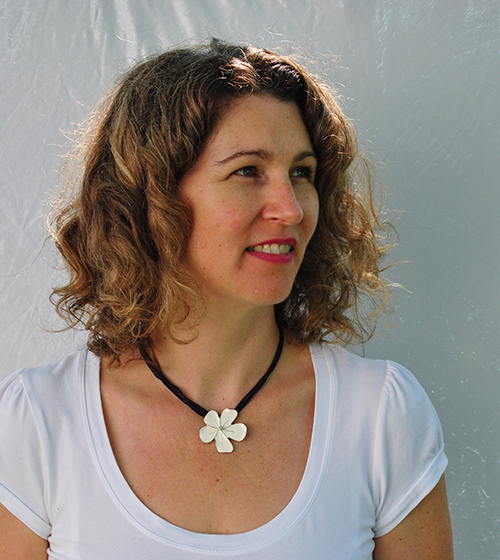
Anxiety disorders during pregnancy and postpartum more prevalent than previously thought
Nichole Fairbrother discusses perinatal and postpartum anxiety, and why there is a need for improved screening.
Read more >
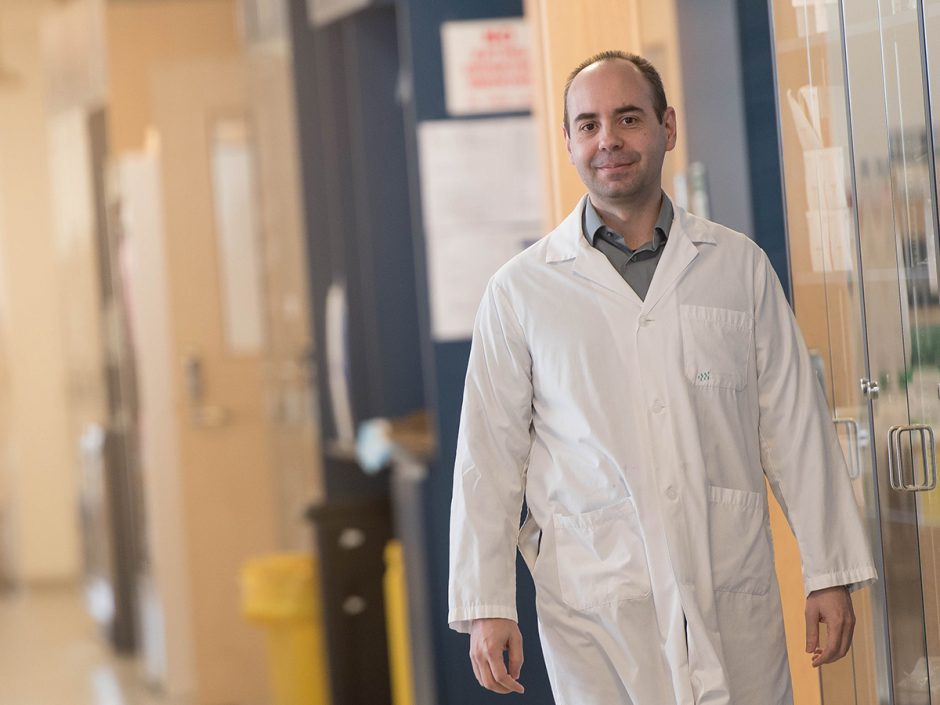
Scientists edge closer to root causes of multiple sclerosis
Researchers led by Carles Vilariño-Güell found mutations in 12 genes believed to be largely responsible for the onset of MS.
Read more >
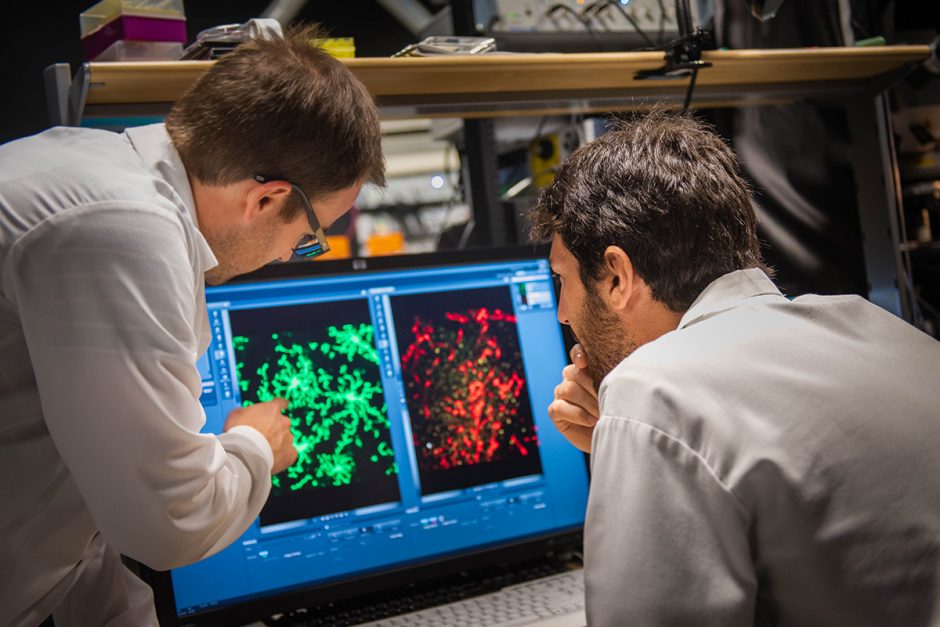
Microglial ‘fingers’ probe dense brain structures in health and disease
New UBC research expands our understanding of the brain’s immune cells.
Read more >

CREST.BD network recognized by CIHR for transformation in patient engagement
CREST.BD and its leader, Erin Michalak, received a Gold Leaf Prize for excellence in translational health research.
Read more >

Wearable brain devices marketed to consumers raise ethical questions
Neuroethicist Judy Illes recommends caution with wearable brain devices
Read more >

Mining 25 years of data uncovers a new predictor of age of onset for Huntington disease
UBC researchers have uncovered a genetic variant that significantly influences age of onset in patients.
Read more >

Huntington drug successfully lowers levels of disease-causing protein
An international clinical trial has found that a new drug for Huntington disease is safe and lowers levels of disease-causing protein.
Read more >

First-of-its-kind imaging facility to accelerate brain research at UBC
The Charles E. Fipke Integrated Neuroimaging Suite is unique, with its PET-MRI machine dedicated solely to brain-related research.
Read more >
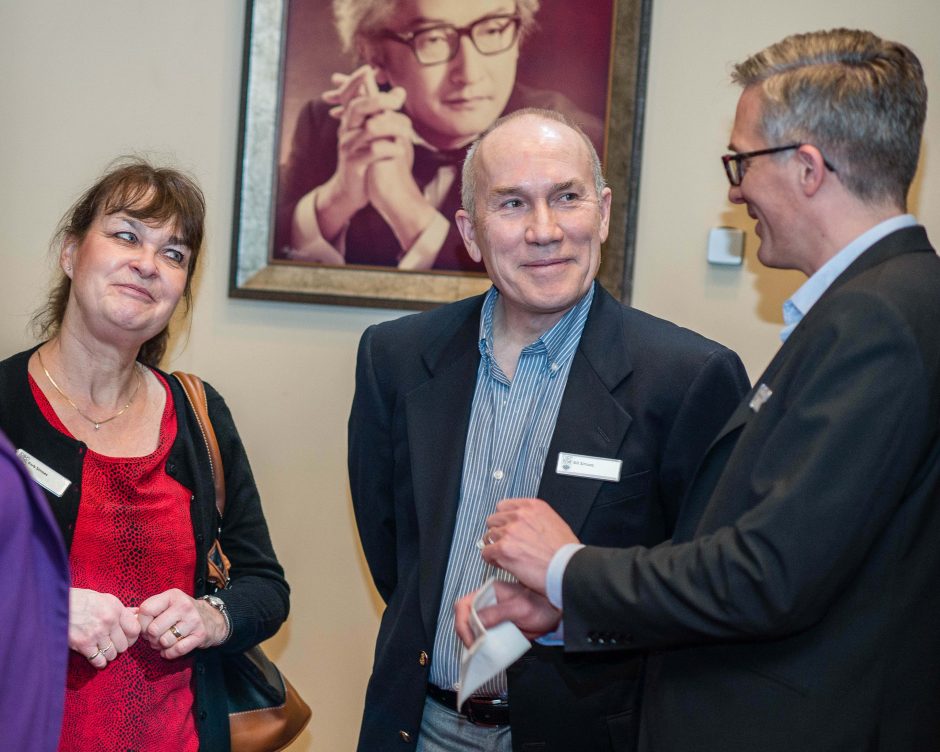
Psychedelics: A new frontier in addiction medicine
The philanthropic community steps up to fill a funding gap in psychedelic-assisted therapy for treating opioid and other substance use disorders.
Read more >
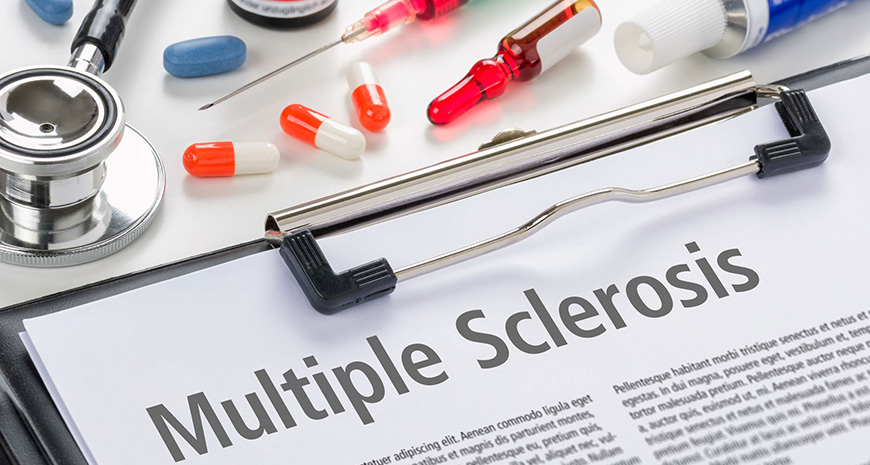
Common treatment for multiple sclerosis may prolong life
Significant UBC study followed nearly 6,000 patients for more than two decades.
Read more >